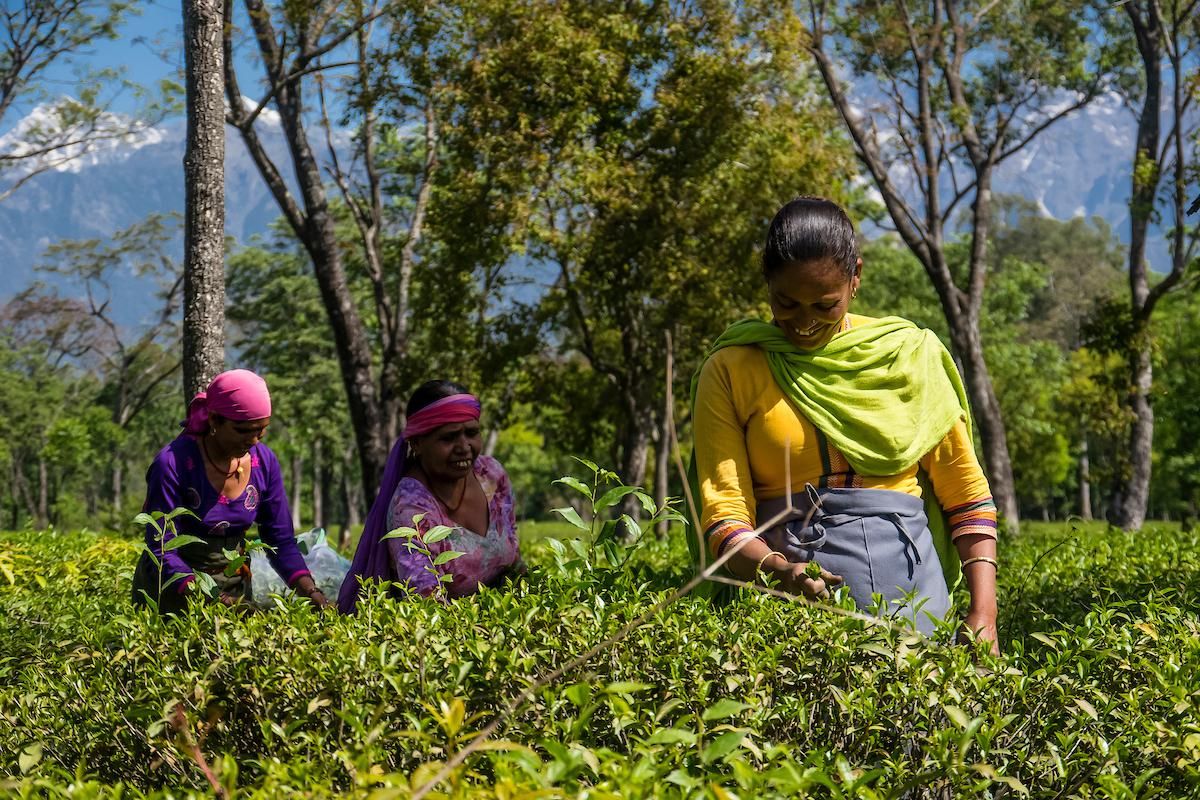13 May 2019
general
Modern Slavery training
What does slavery look like today? Would you know it if you saw it on a Chamomile farm in Egypt, or in the woodlands of Eastern Europe where Elderflower is collected from the wild? Usually it’s hidden, but there are signs to look for. Eileen Clark, Our Supply Chain Project Manager discusses our commitment to combat modern slavery.
"When we wrote our Statement on Modern Slavery last year, we identified the opportunity that these moments present, and committed to training for those of us who travel across the world to visit potential and established suppliers. Most courses on modern slavery teach participants how to read the legislation, how to protect brand image, how to push the responsibility down the supply chain. Training on how to spot the warning signs in a hands-on, front-line situation didn’t seem to exist. So we approached the Ethical Trading Initiative (ETI) – experts in this field – and together we devised a bespoke training day focusing specifically on what to look for when visiting suppliers.
“Progressive companies understand that improving working conditions in supply chains is not only good for workers, it’s also good for the business. They also realise that it is of increasing importance to their customers.” Luca Ponzetta, ETI’s Training Manager.
Some of the partners we work with share our concerns and our intention to go the extra mile on this topic, and were keen to join us. Pukka Herbs became our kind hosts for the day, with participants from extract manufacturer Blue Sky Botanics, and our friends and longest standing customer Neal’s Yard Remedies. As well as learning from the impressive experience and knowledge of our trainer from ETI, we were able to share our ideas and concerns with one another.
The subject of modern slavery is complex, difficult - at times horrifying - and our best shot at doing something to be part of the solution is to work together within the industry. That same conclusion was drawn by the authors of the report ‘The Global Business of Forced Labour’, who invited UK tea brands to the House of Lords in February. We are grateful to Pukka for bringing us into that conversation, where Baroness Lola Young led us through three questions; What makes workers vulnerable? What interventions are working? And what can companies do?
No-one wants their shopping to be produced on another person’s forced overtime or pittance wage. By improving our skills and awareness with this training, we strengthen our supply chains, and do more than ever to protect the people whose hard work produces the herbs and spices we buy. We will continue to conduct our in depth supplier visits, as always, with this new information in mind."
You can read our Statement on Modern Slavery here, and find out more about our Suppliers.


